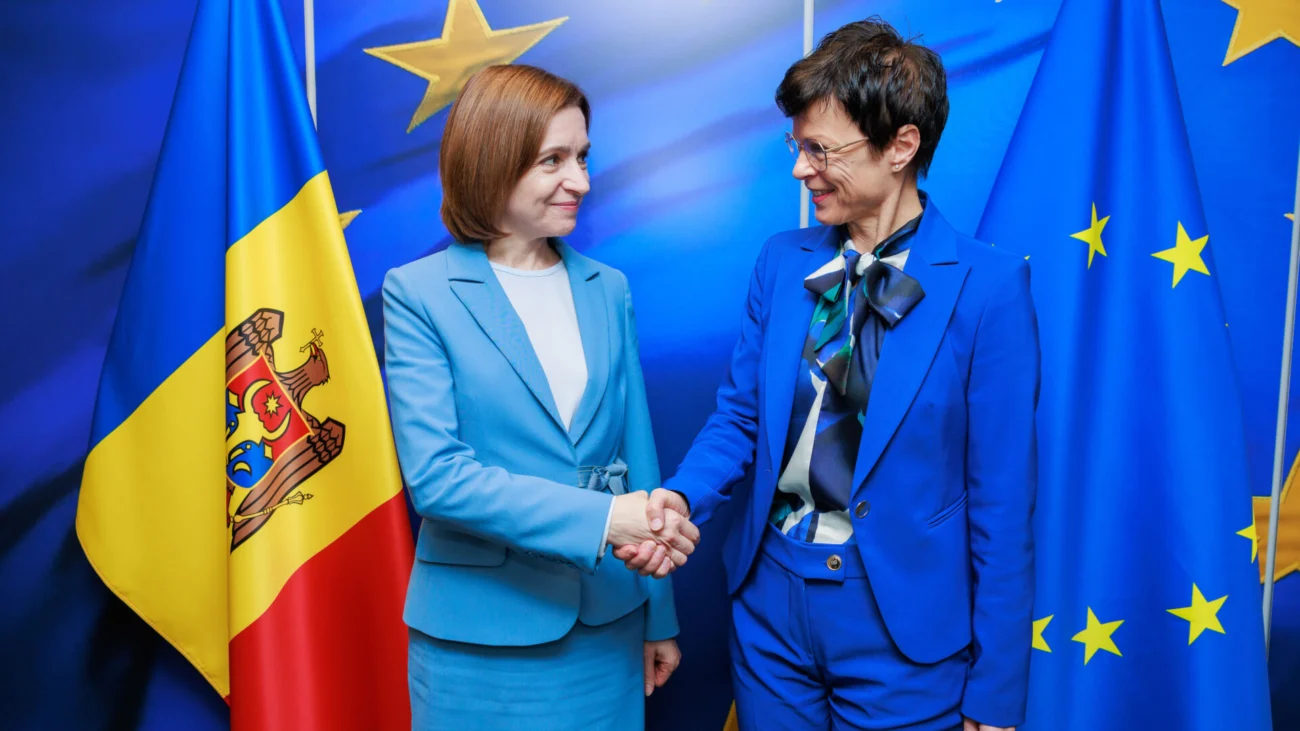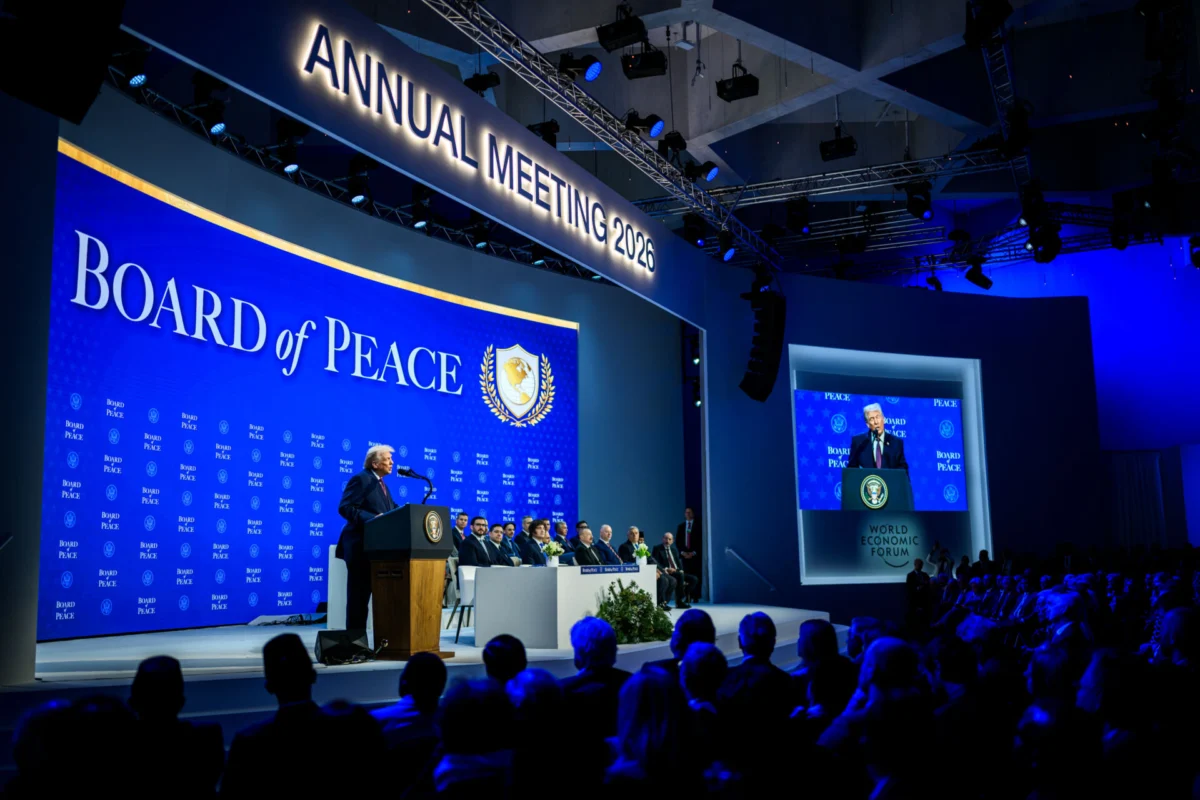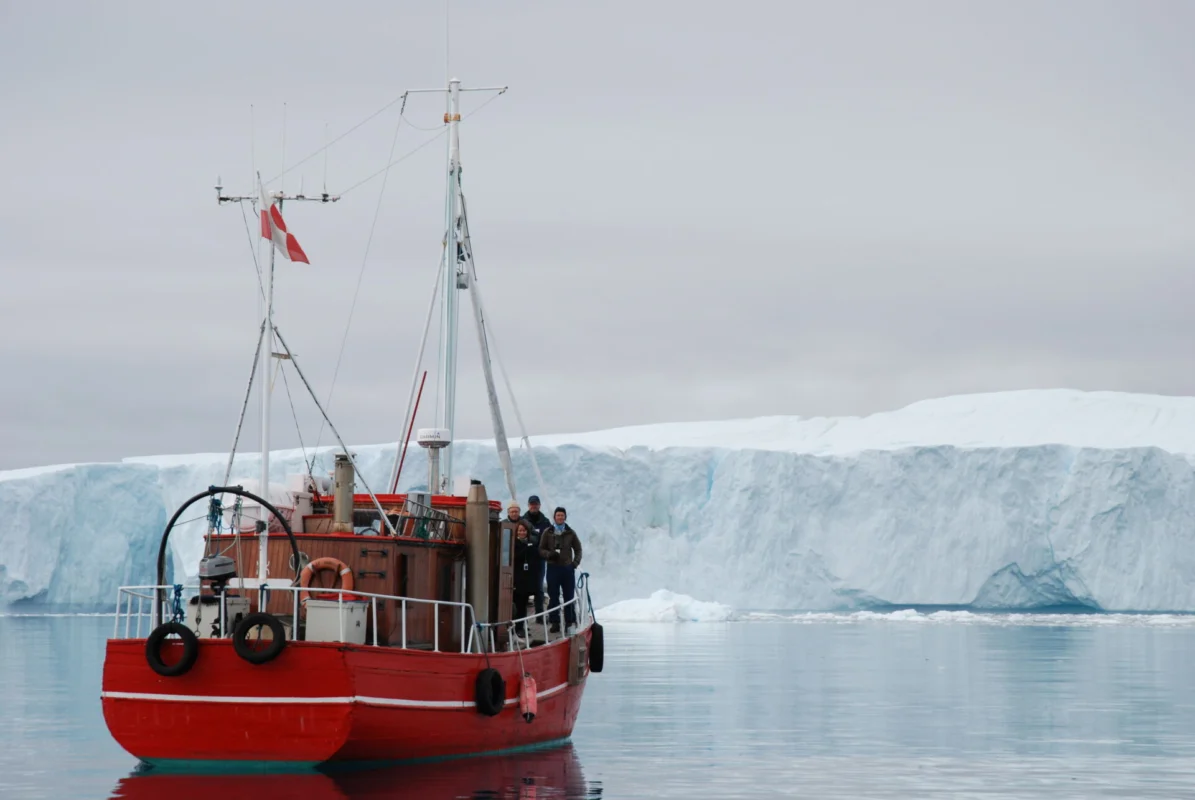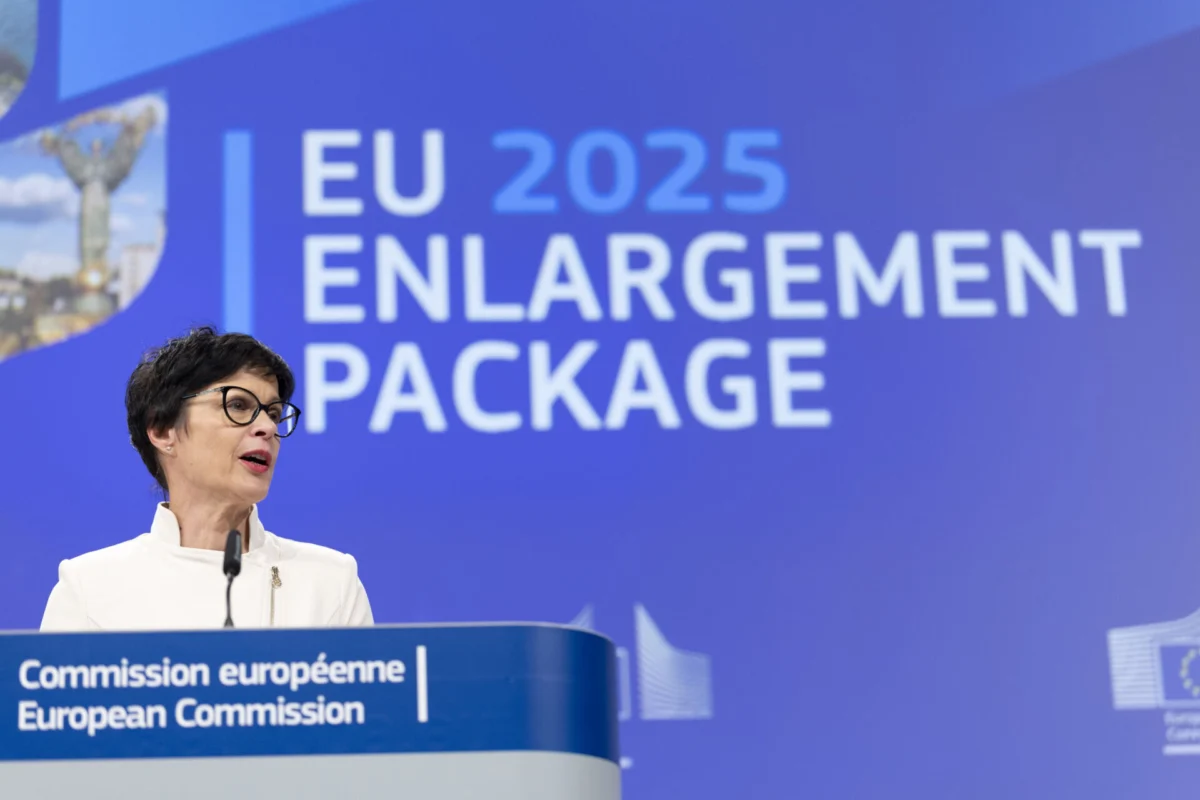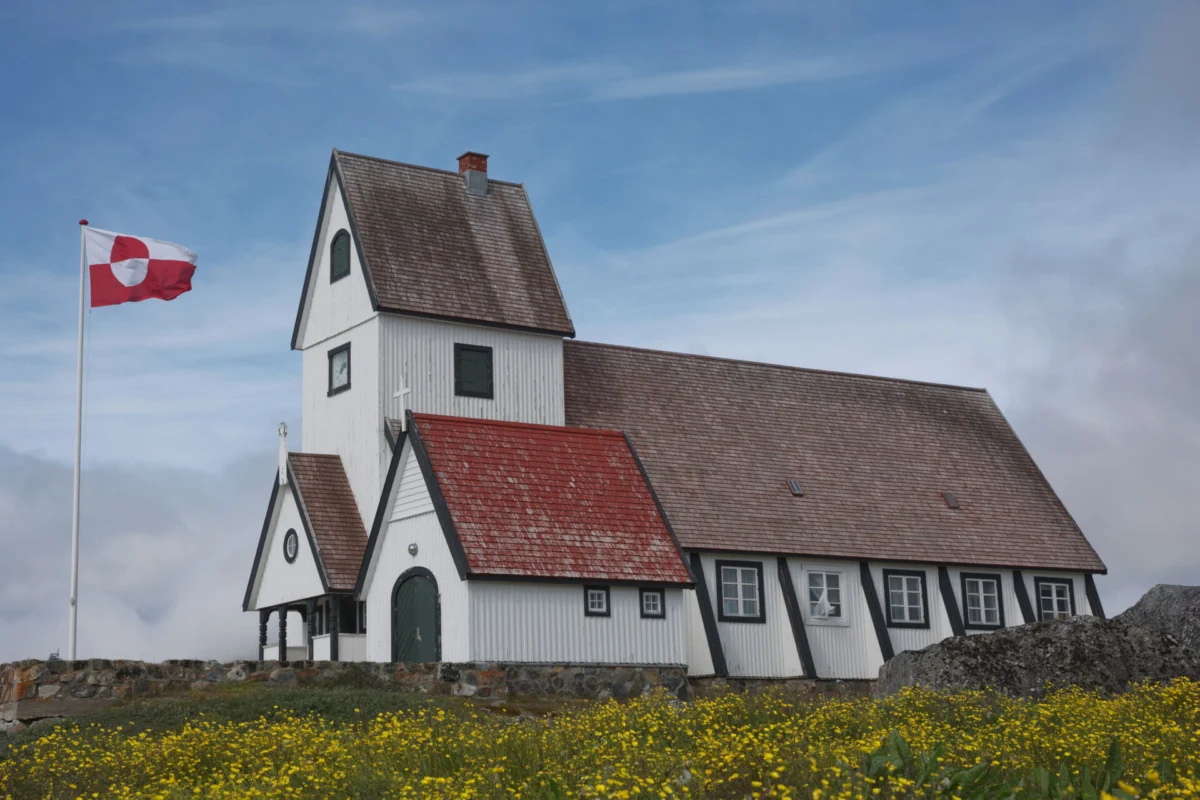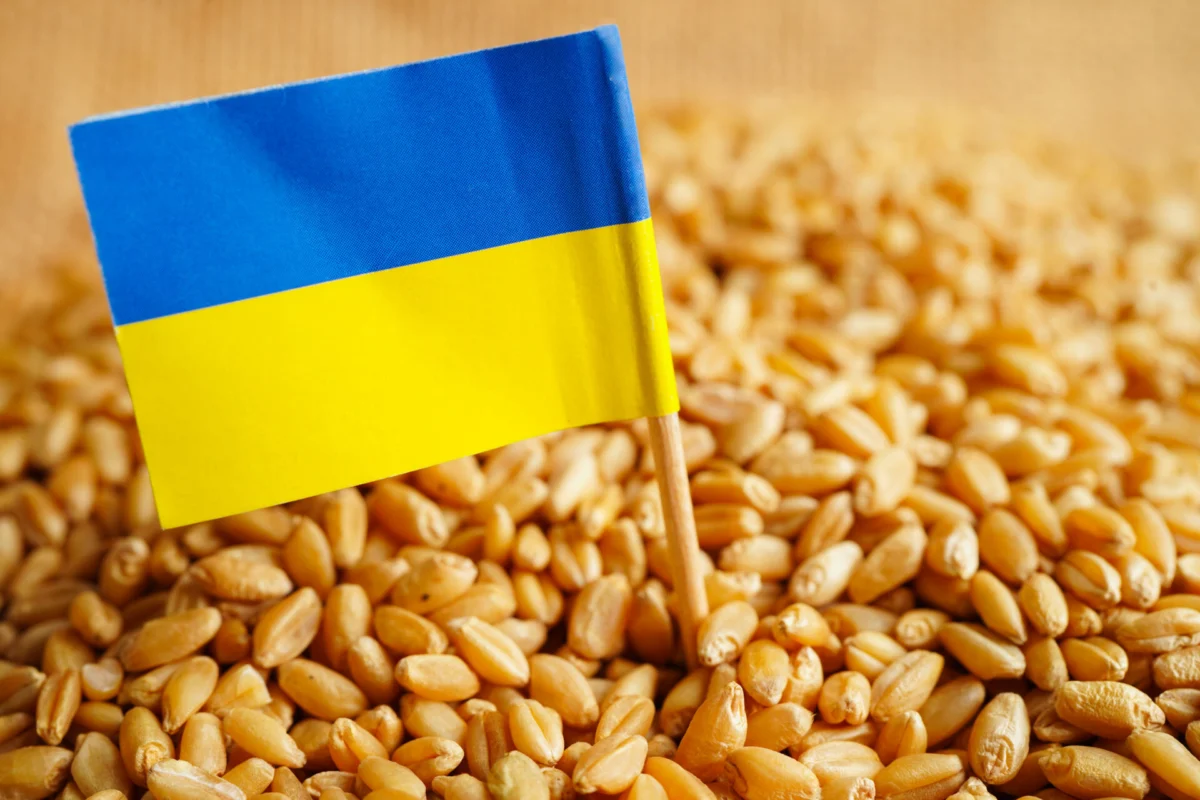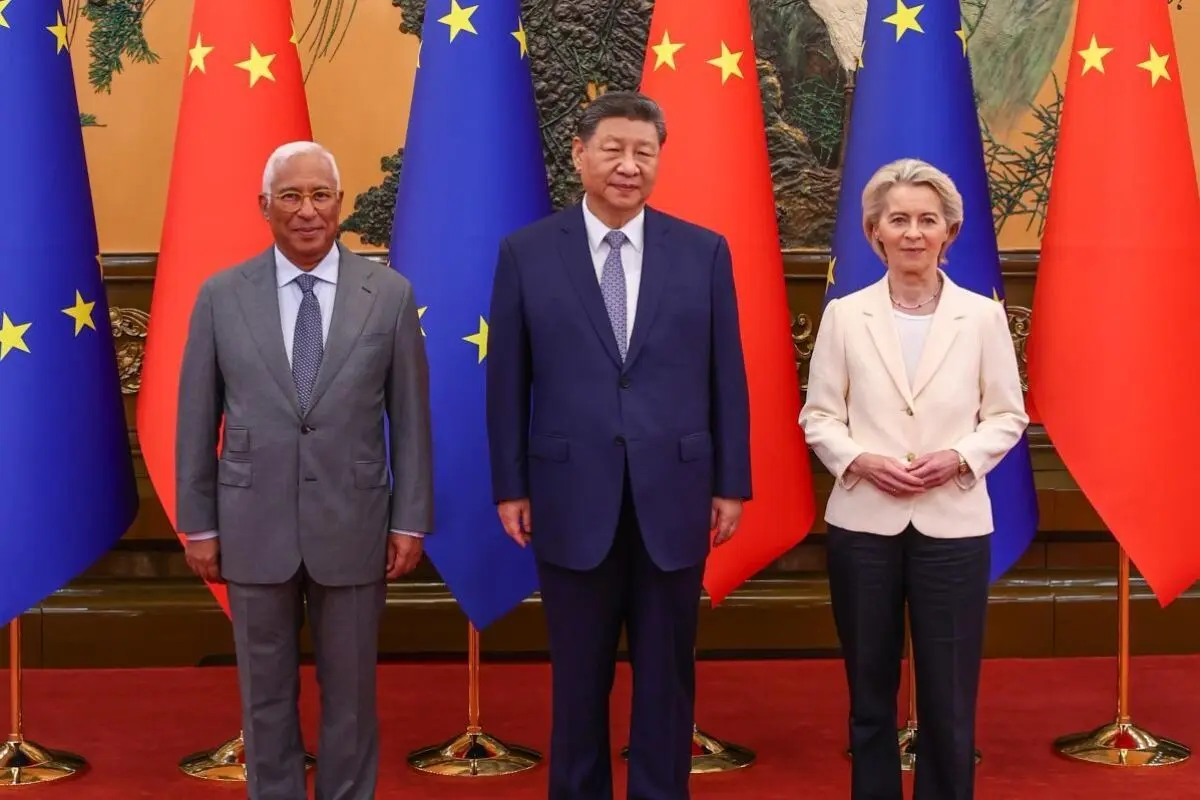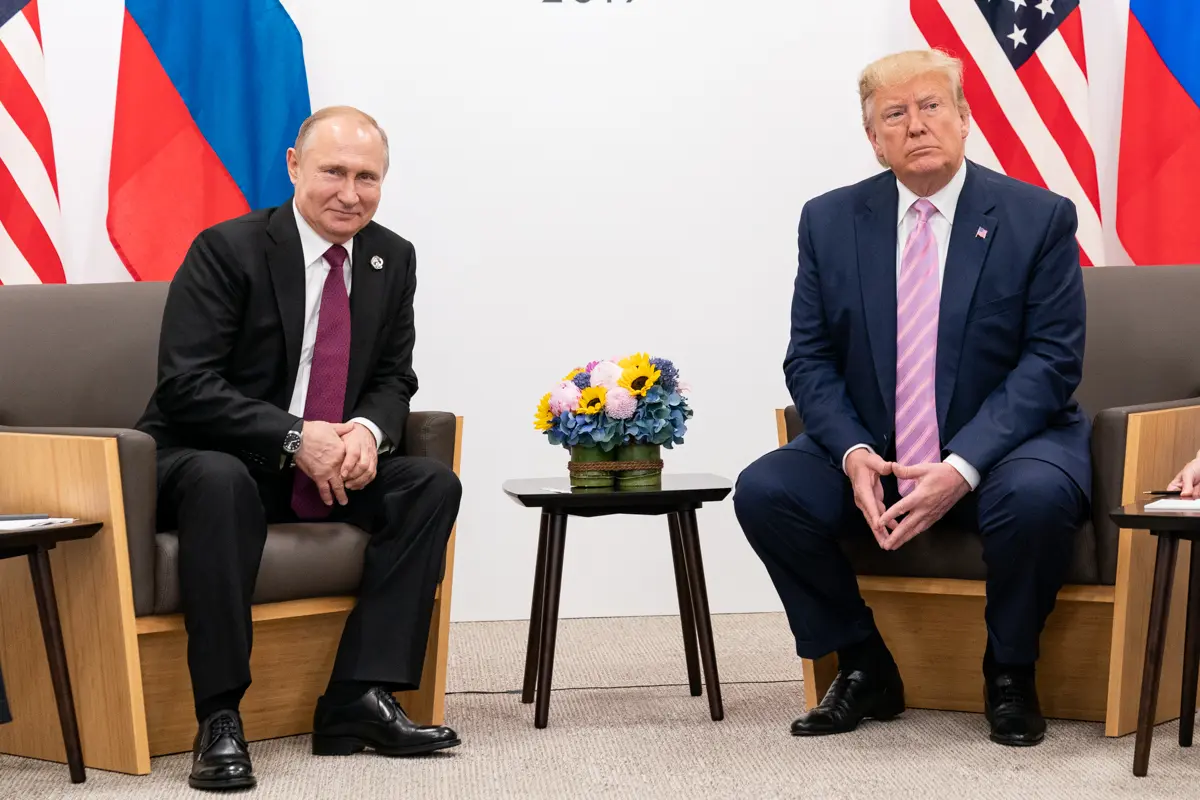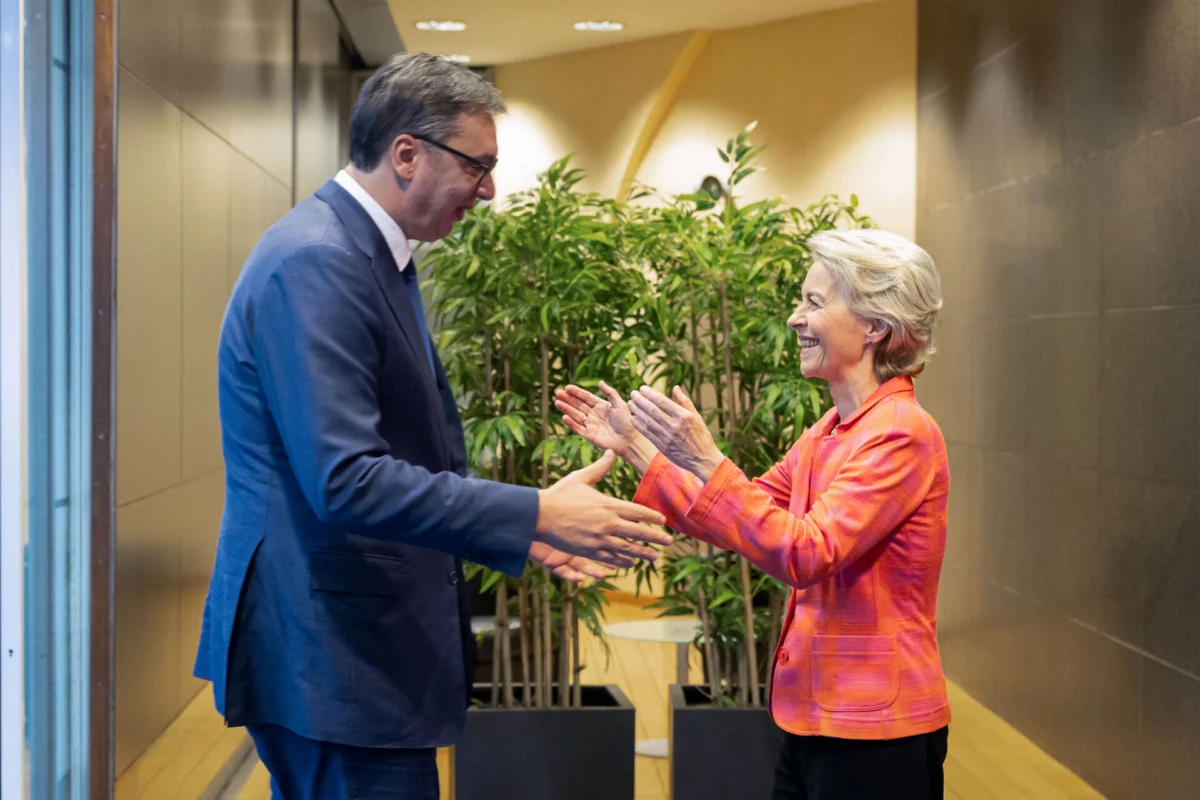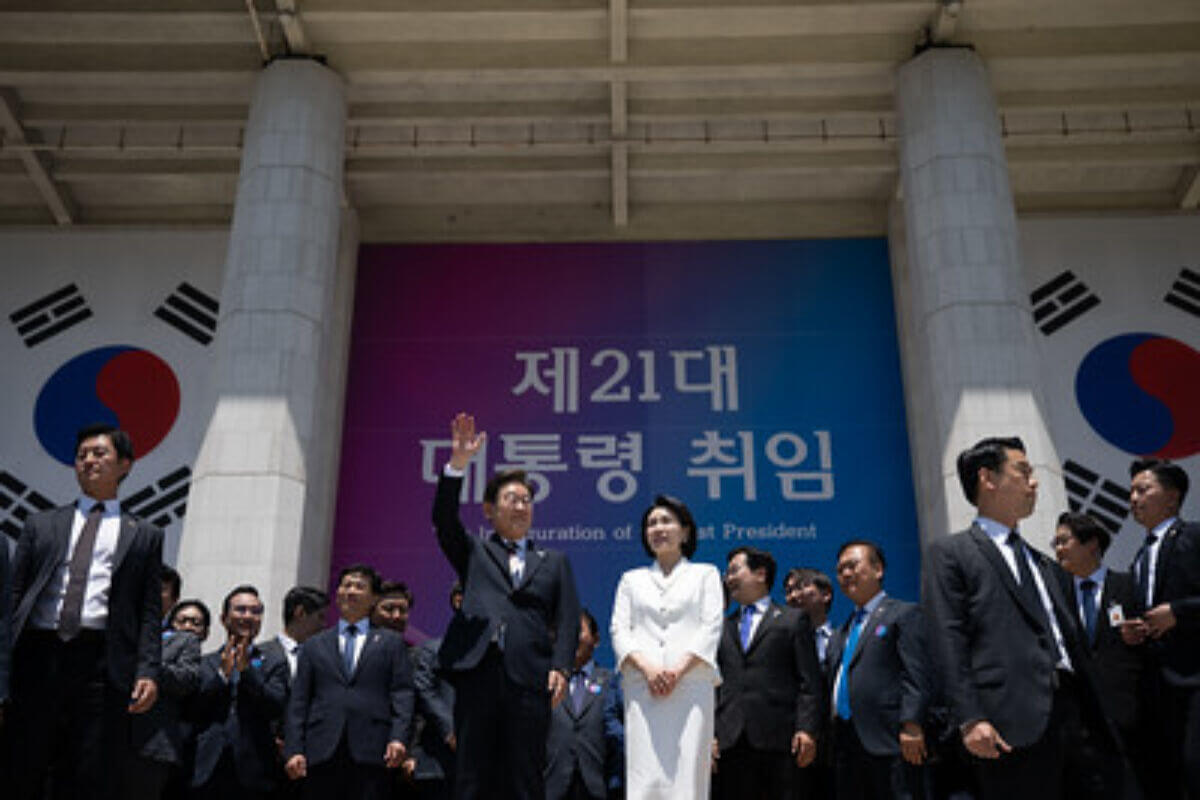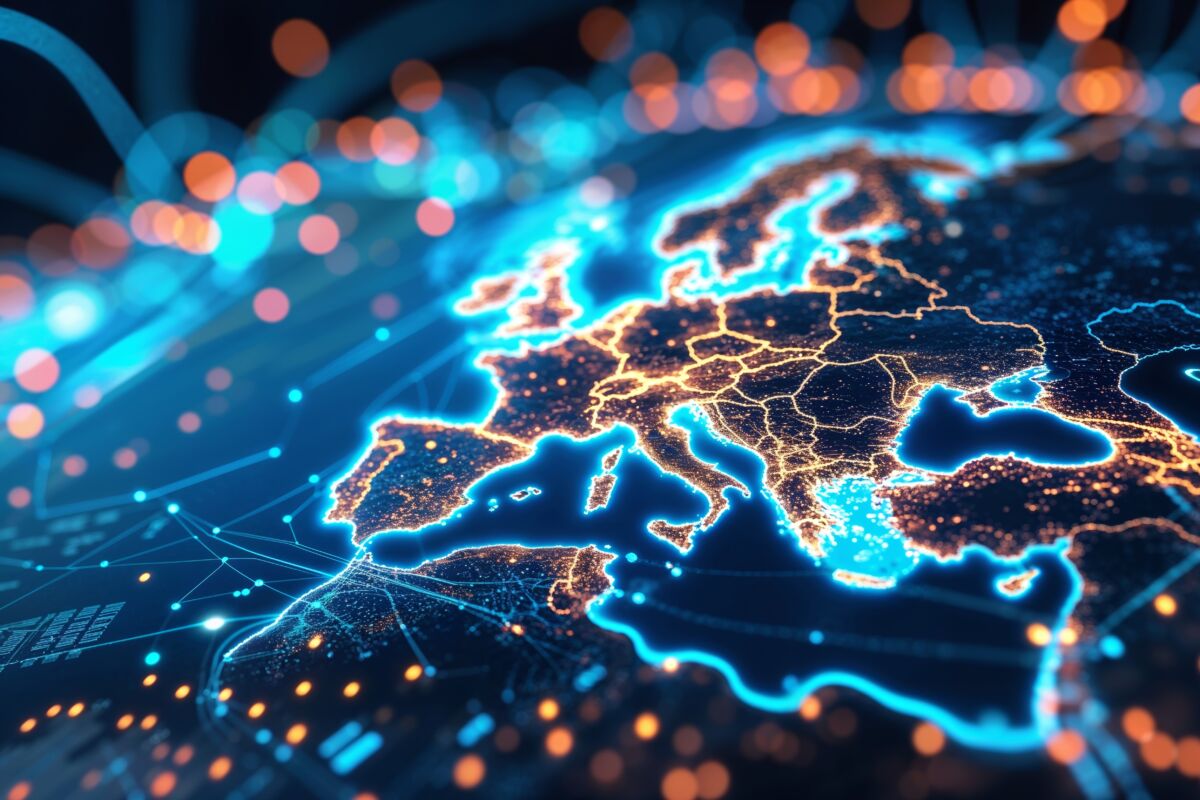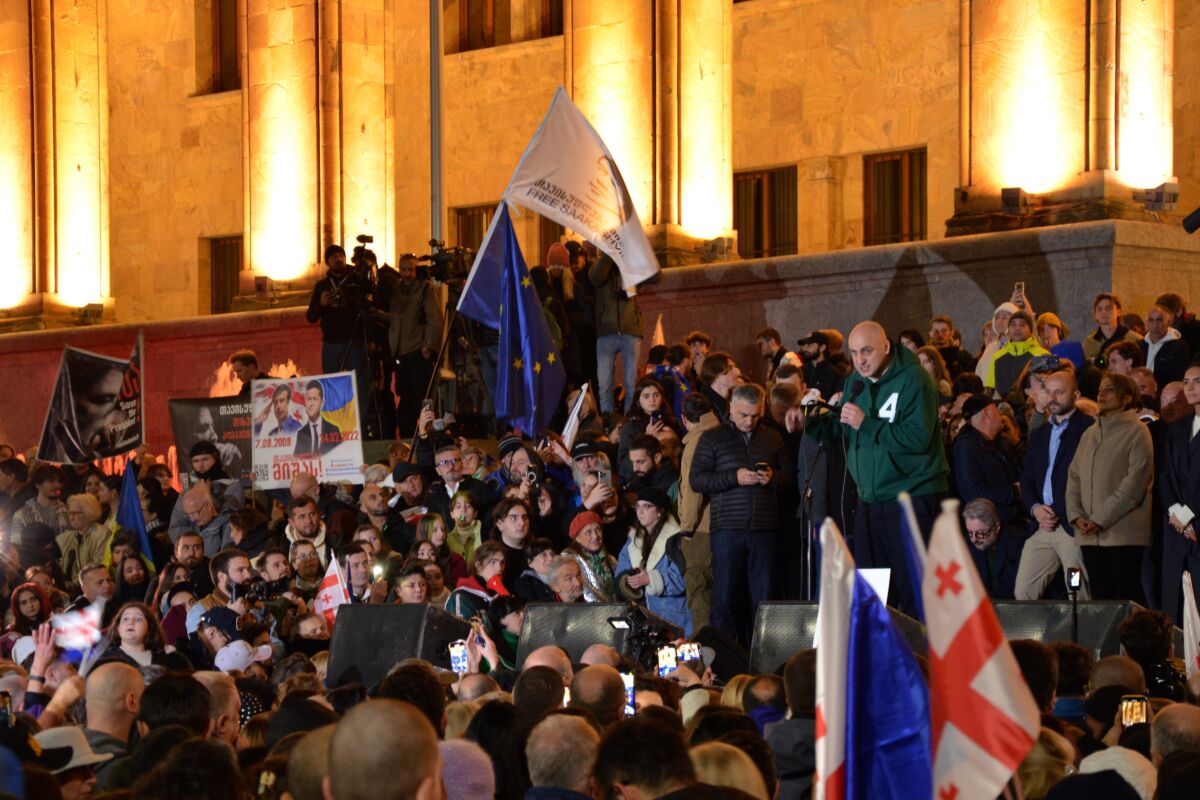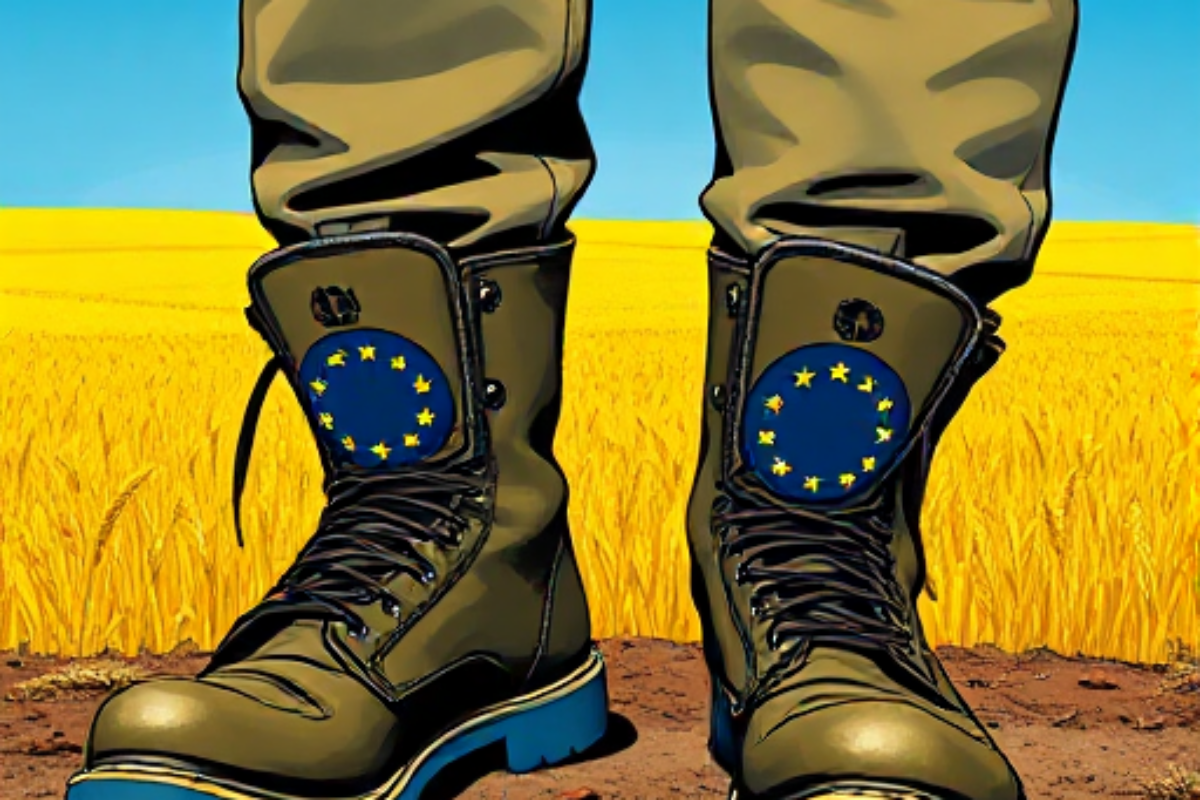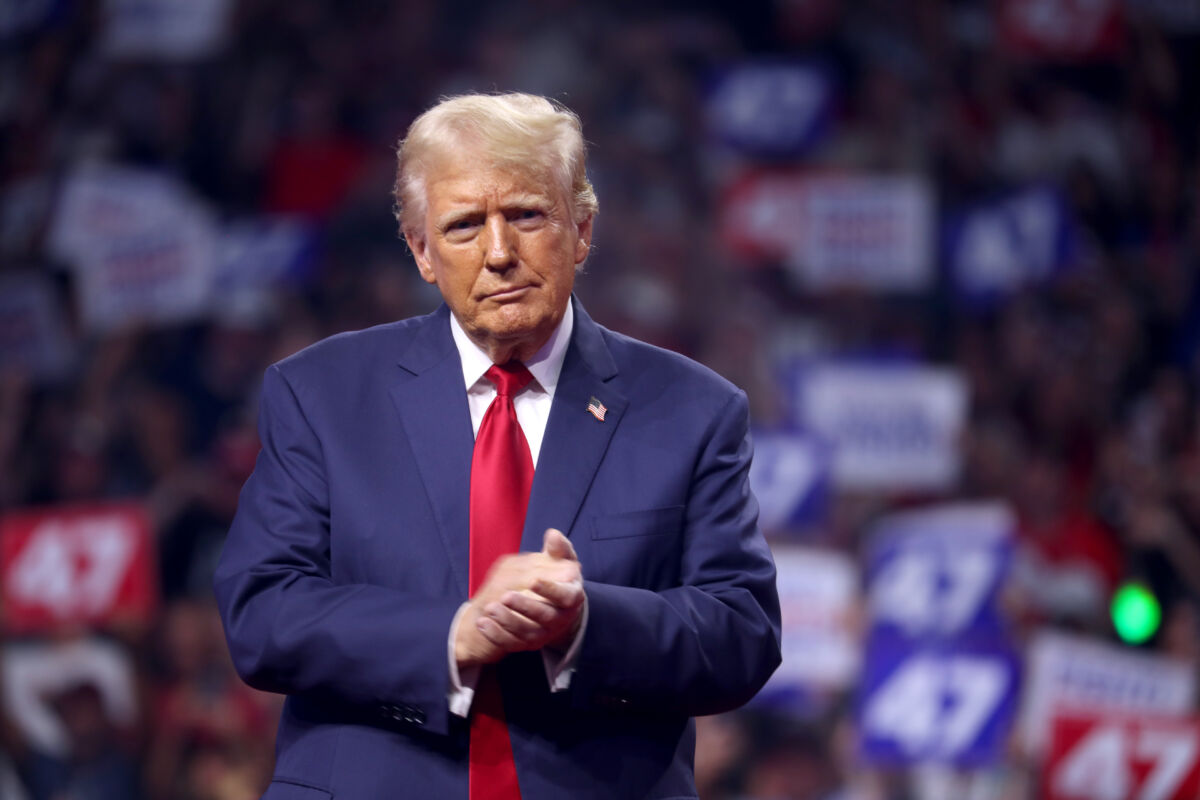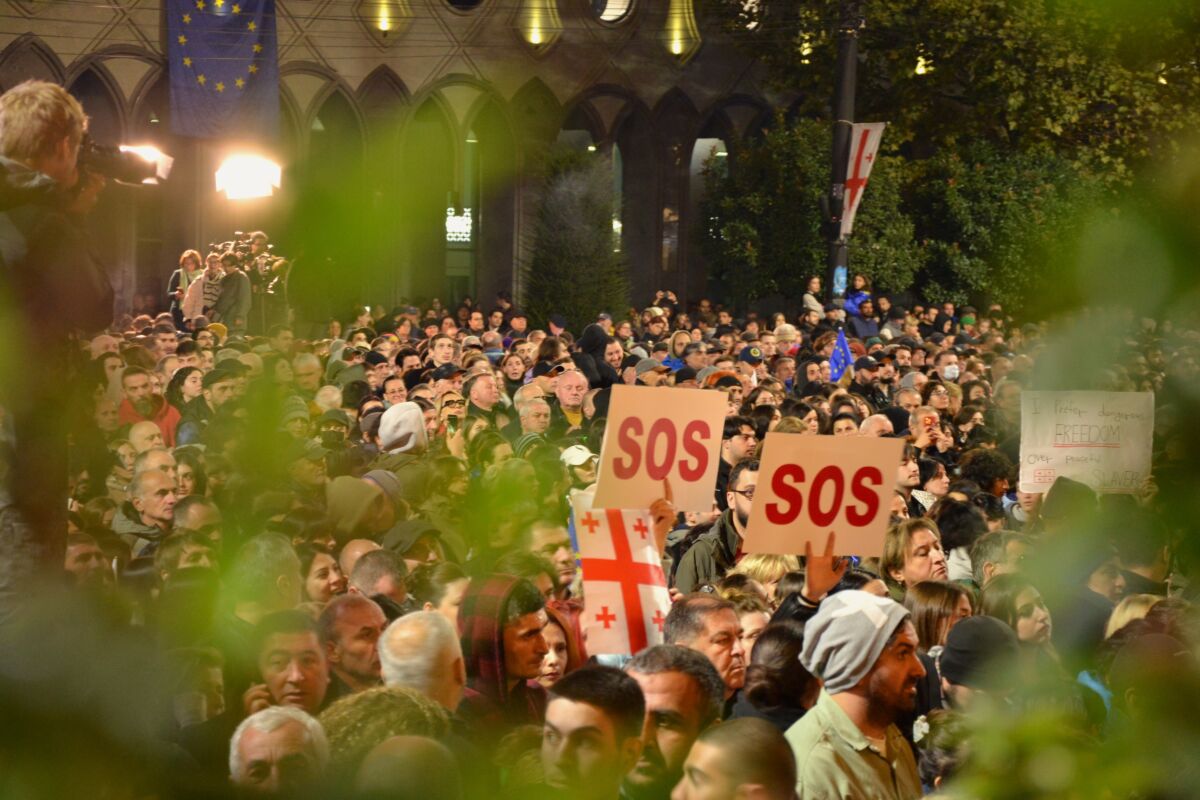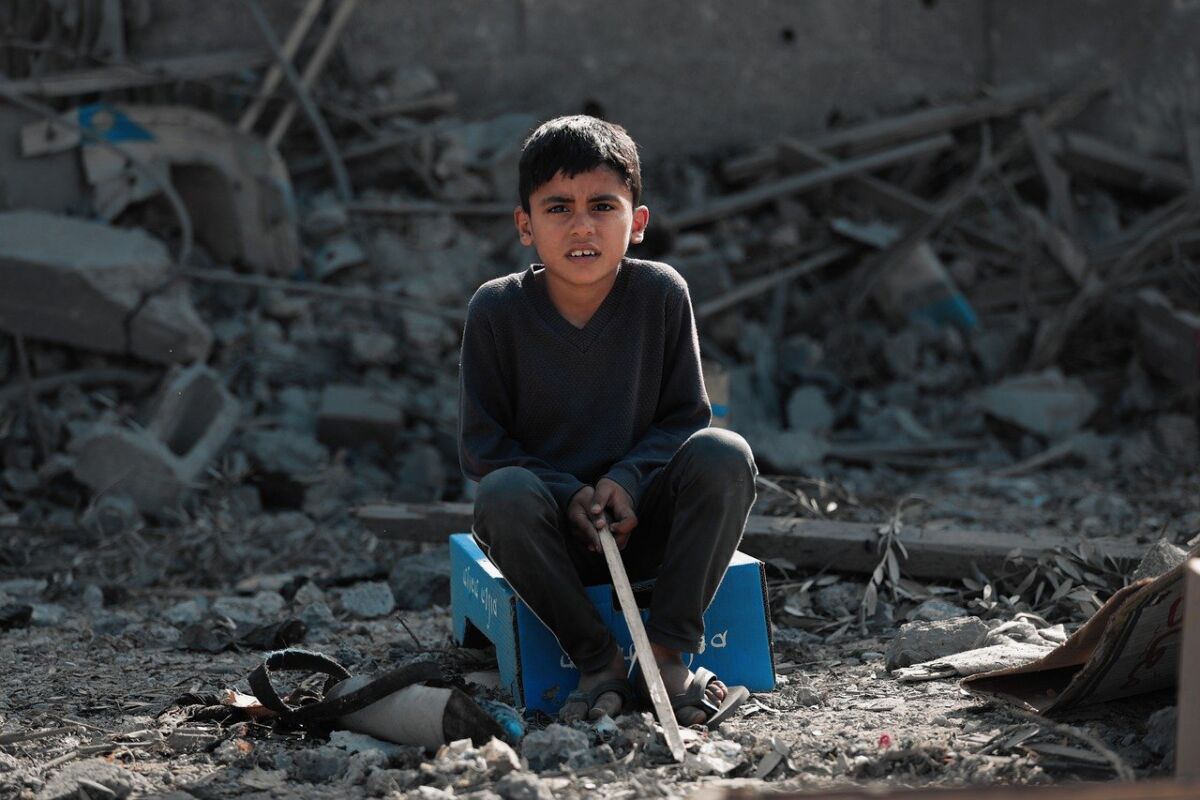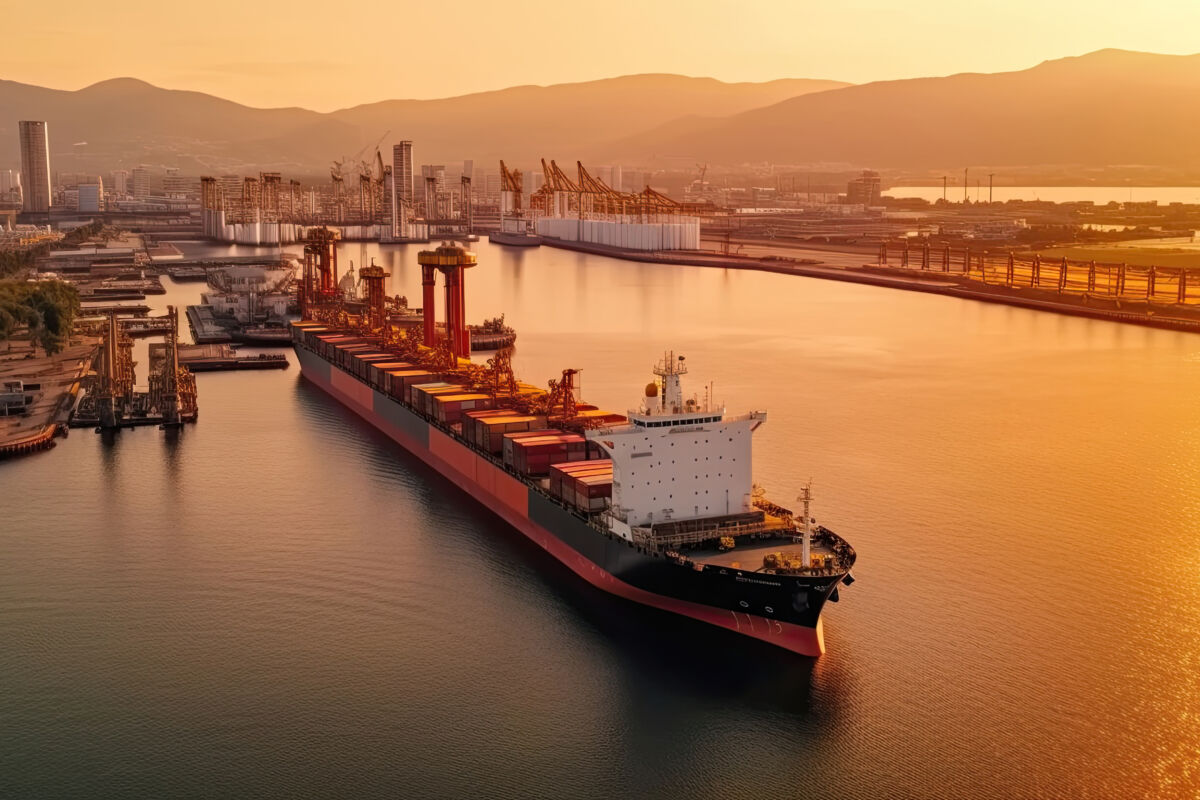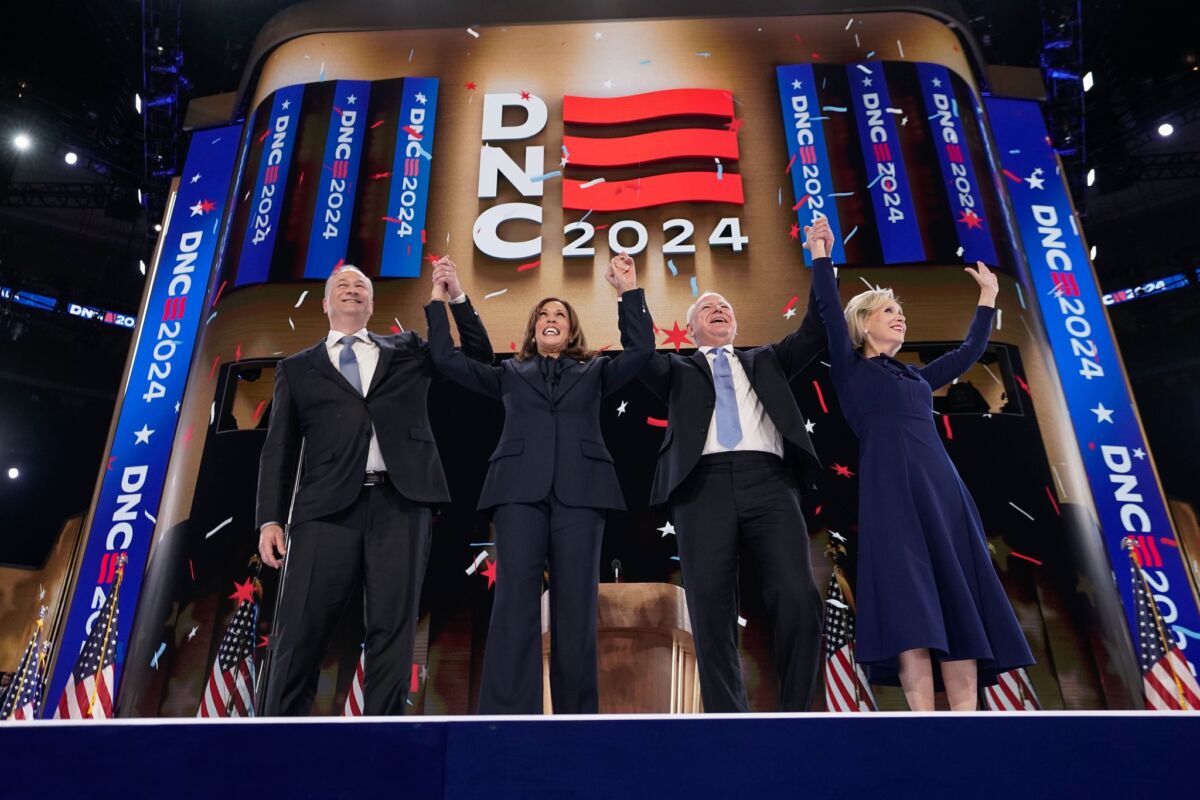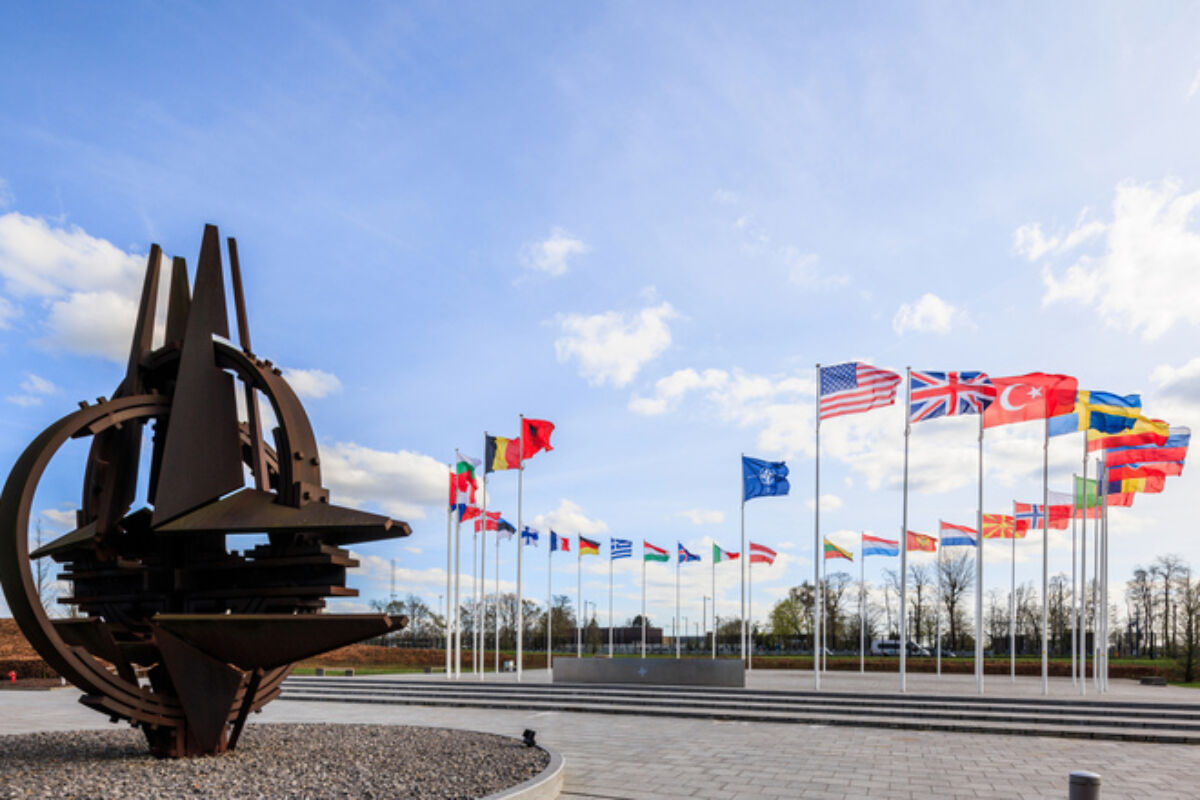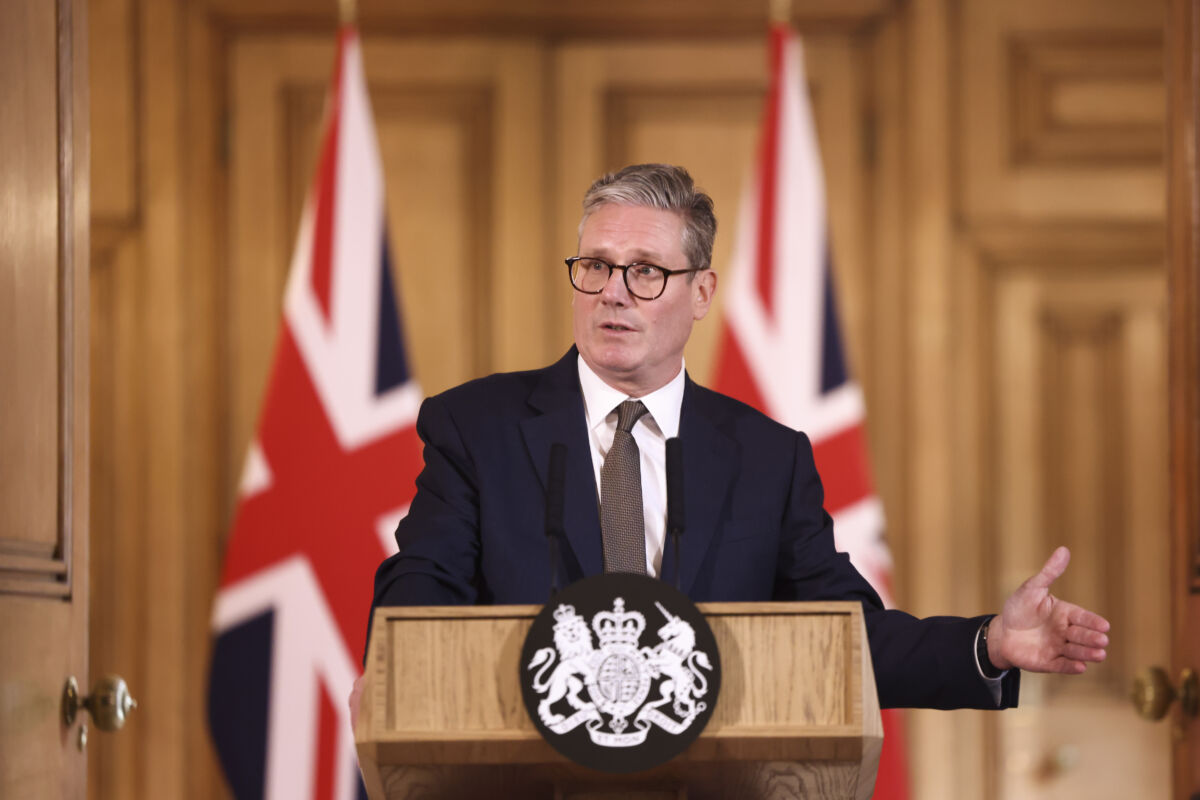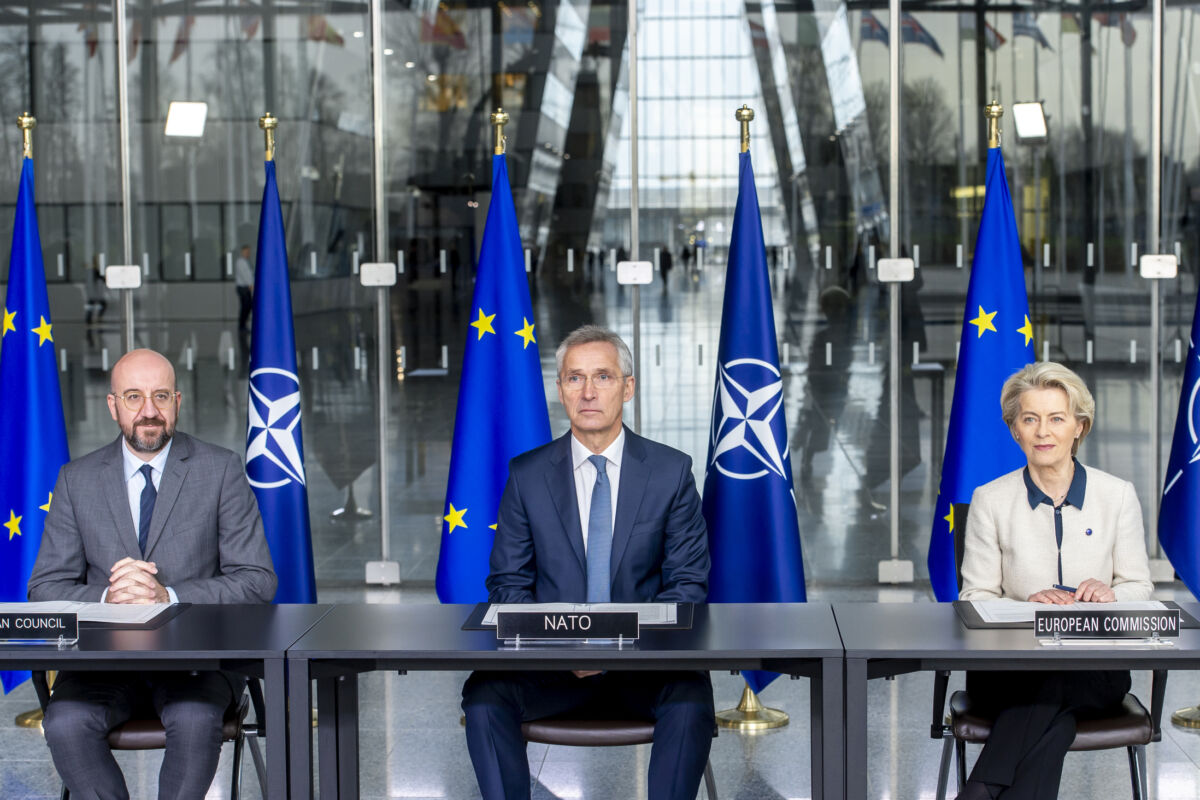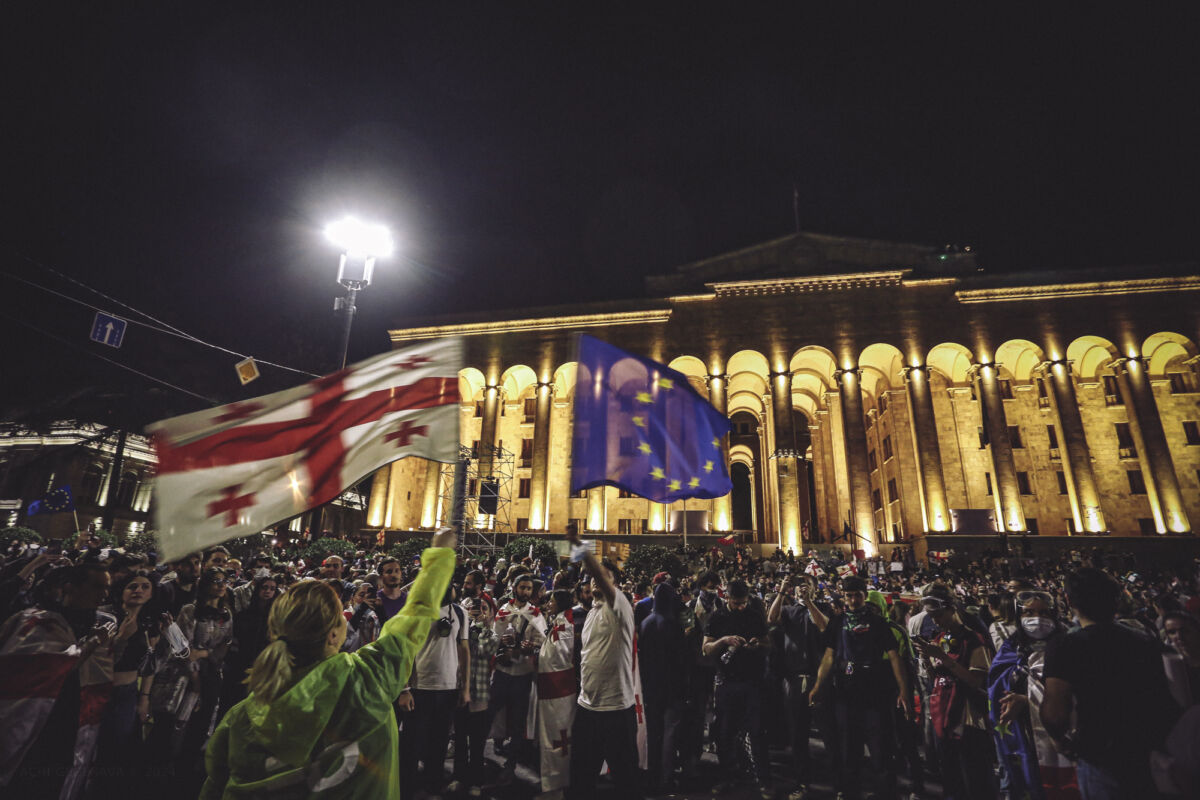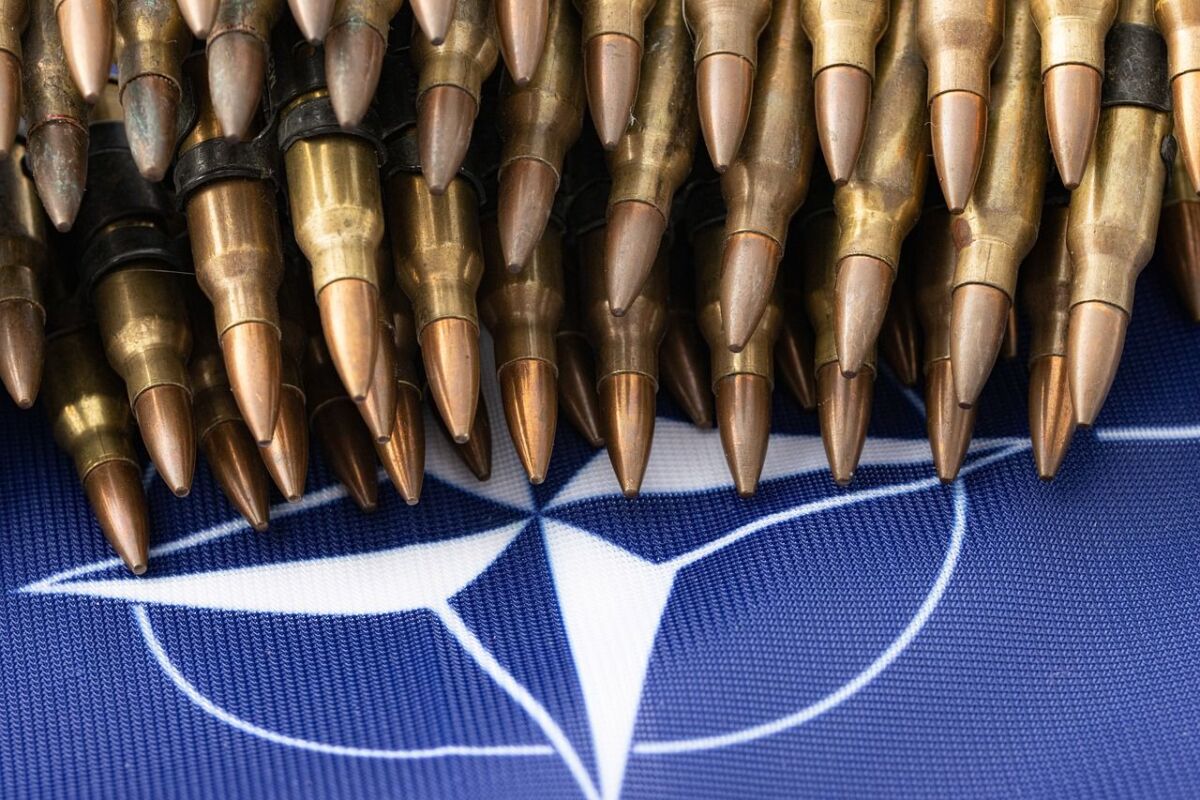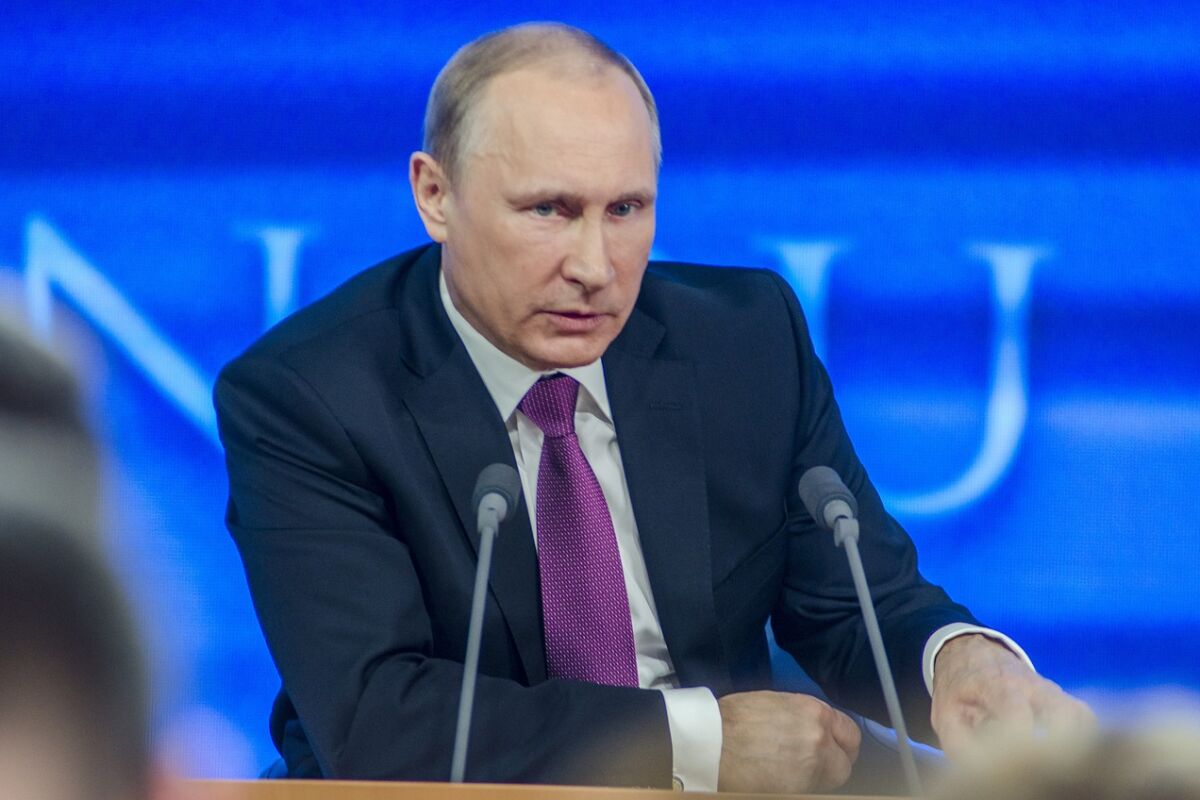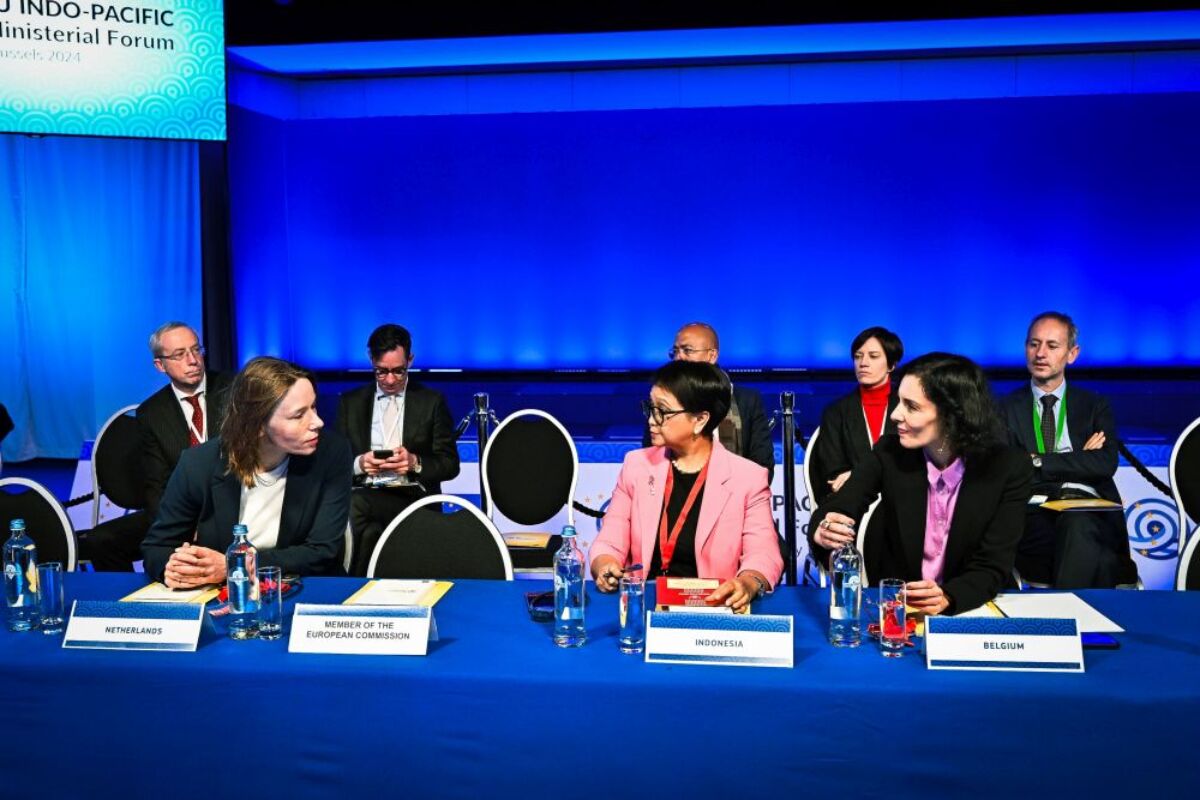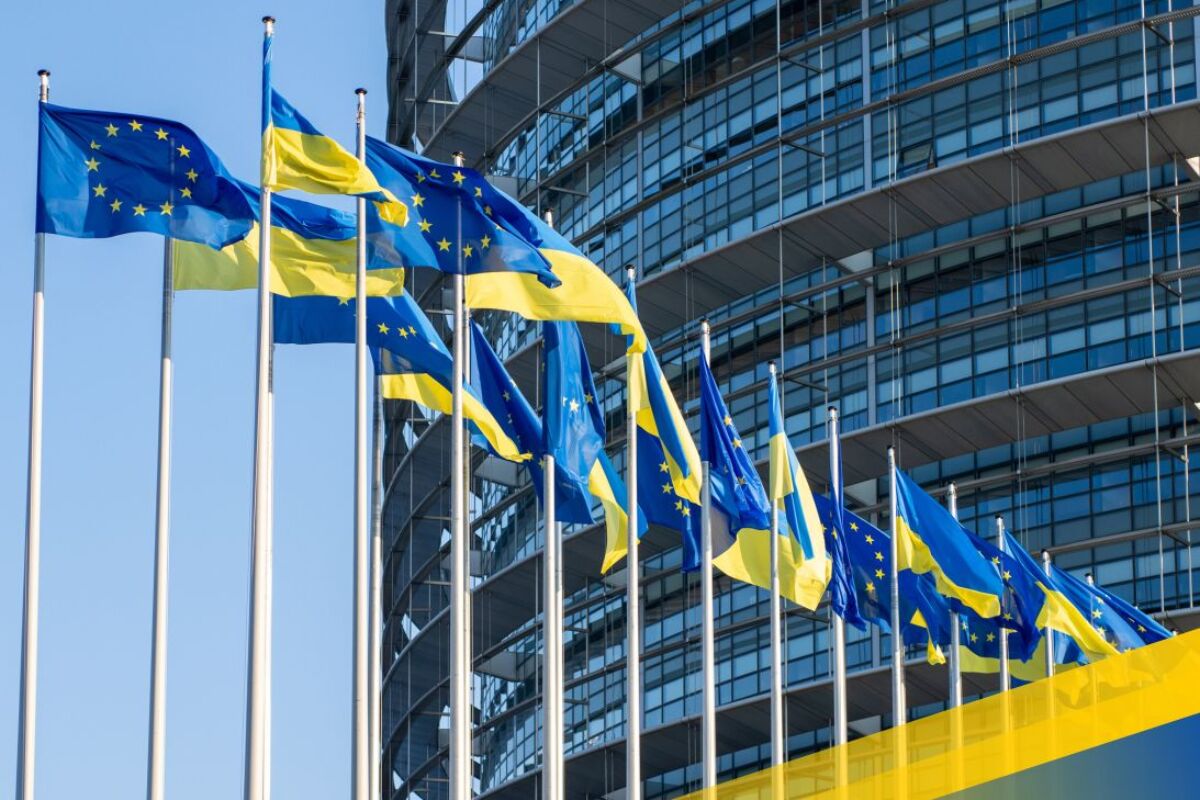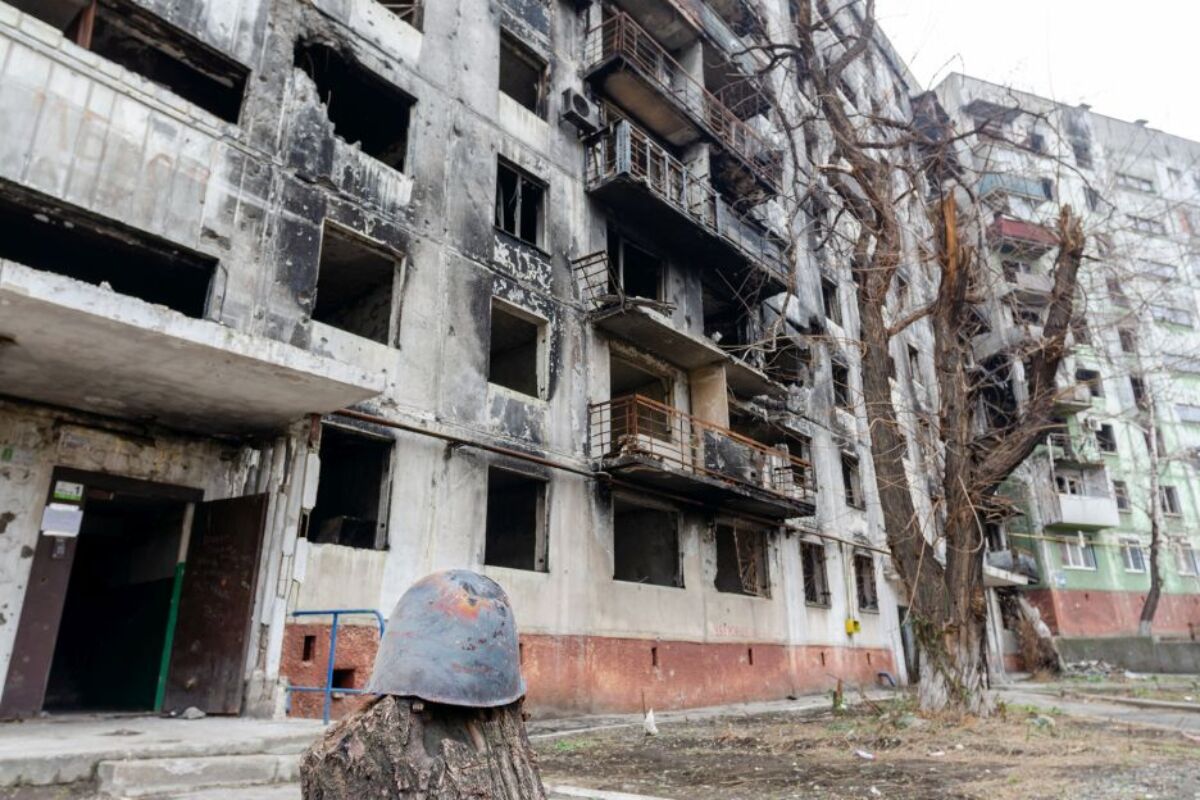Moldova’s parliamentary election, which took place on Sunday 28 September, was never just about domestic politics. It was a test of whether one of Europe’s fragile democracies could withstand relentless Russian interference – and whether the European project and its ideals could still prevail on its frontiers. As President Maia Sandu warned herself before the vote, Moldova may have been the testing ground but Europe was the target.
The results now show that Europe held the line. With the pro-European Party of Action and Solidarity (PAS) capturing 50.20 % of the vote and winning 55 out of 101 seats, Moldova has now secured a single-party majority aligned with its president and prime minister.
This result dwarfs the pro-Russian Patriotic Electoral Bloc’s 24.20 %, which secured it 26 seats. The Russia-friendly Alternativa Bloc won eight seats, while the populist Our Party and the right-wing Democracy at Home party will enter the Moldovan Parliament with six seats each.
Crucially, the PAS will be able to govern without needing to form a coalition with these ideologically and politically incompatible parties. Which means that the signal couldn’t be clearer – Moldova’s head, heart and now legislature are pointing towards Brussels and not Moscow.
Russia is defeated… but it’s not going anywhere soon
Moscow deployed the full toolkit at its disposal: illegal funding, cyberattacks, mass disinformation campaigns, widespread vote-buying practices and even bomb threats on election day – primarily targeting embassies and diaspora voting sites, where support for Moldova’s European future is strongest. The PAS’ victory is thus a big defeat for Russia and a humiliation for Vladimir Putin.
But Moscow’s strategic objective is not merely to influence Moldova’s elections but to erode democracy in the country, undermine institutional trust and derail it from its European path.
The former pro-Russian president, Igor Dodon, has already called for protests to annul the results. So far, turnout has been marginal: around 100 demonstrators, mostly elderly. While oligarch Vladimir Plahotniuc has now been extradited from Greece and is in custody in Chişinău, another tycoon, Ilan Shor, who has long orchestrating anti-government protests and vote-buying schemes, will remain active, alongside other pro-Russian politicians.
Disinformation, corruption networks and illegal financing will continue, while Moldova’s energy vulnerabilities (particularly in Transnistria), disputed infrastructure ownership and unsettled contract liabilities remain potent levers for Russian influence.
In short, Moldova’s democracy has survived this round – but the Kremlin will surely keep testing its resilience, looking for any and all cracks to exploit.
Housekeeping in Chişinău and the hard work ahead
The PAS’ first term was defined by crisis management rather than delivering on all the promised reforms. Russian interference, along with the war in Ukraine, resulted in direct spillover effects, namely Gazprom energy blockades, costly decoupling from Russian supplies, soaring inflation and increased poverty. Moldova, Europe’s poorest economy, has struggled to shield its citizens from skyrocketing living costs.
Nevertheless, Moldova has built resilience with the EU’s support. The country is now an EU candidate, with its accession process moving forward at record speed. Financial support has scaled up accordingly. Up to now, the EU has provided more than EUR 250 million through its emergency support to offset Moldova’s energy crisis.
Thanks to the EU’s support, Moldova has also integrated into the EU grid system – ENTSO-E. And the country also now benefits from the EUR 1.9 billion Reform and Growth Facility – the largest amount of EU financial support it has ever received.
All this EU political and financial support must be deployed wisely. The PAS will need to translate its mandate into tangible outcomes, primarily much needed reforms, better governance and concrete improvements in living standards. Only then will Moldova’s European choice be both politically sustainable and socially credible.
It’s now on the EU to make Moldova’s European choice a reality
Moldova’s election is more than a domestic turning point — it’s a strategic victory for Europe over Russian interference. The signing of the EU-Moldova Security and Defence Partnership, the bilateral EU-Moldova Summit and high-level visits from EU heavyweights, such as French President Emmanuel Macron, German Chancellor Friedrich Merz and Polish Prime Minister Donald Tusk, ahead of the elections underscored how well the EU and its Member States understood the stakes.
Now that Moldovans have made their firm choice for a European future, the EU must ensure a credible enlargement process, provided that the country delivers on the needed reforms. Brussels has demonstrated strong political and financial support for Chişinău but the credibility of its enlargement policy still hangs in the balance. Pairing Moldova with Ukraine for the accession talks also risks turning Budapest’s veto into a hostage situation for Chişinău.
The lesson is clear – enlargement cannot remain paralysed by unanimity at every stage. While unanimity is justified for granting candidate status and full membership (i.e. the very beginning and the very end of the process), without moving the interim steps to qualified majority voting, Moldova’s fast-track accession risks becoming another case of the two-decades-long Western Balkans deadlock.
While Ukraine fights a full-scale war with Russia and Georgia faces Kremlin-driven state capture, Moldova’s vote for Europe offers a spark of hope.
But these elections were only the beginning. Chişinău must deliver reforms that tangibly improve people’s lives and Brussels must deliver on enlargement – helping to make Moldova’s firm European choice into an even firmer reality.

